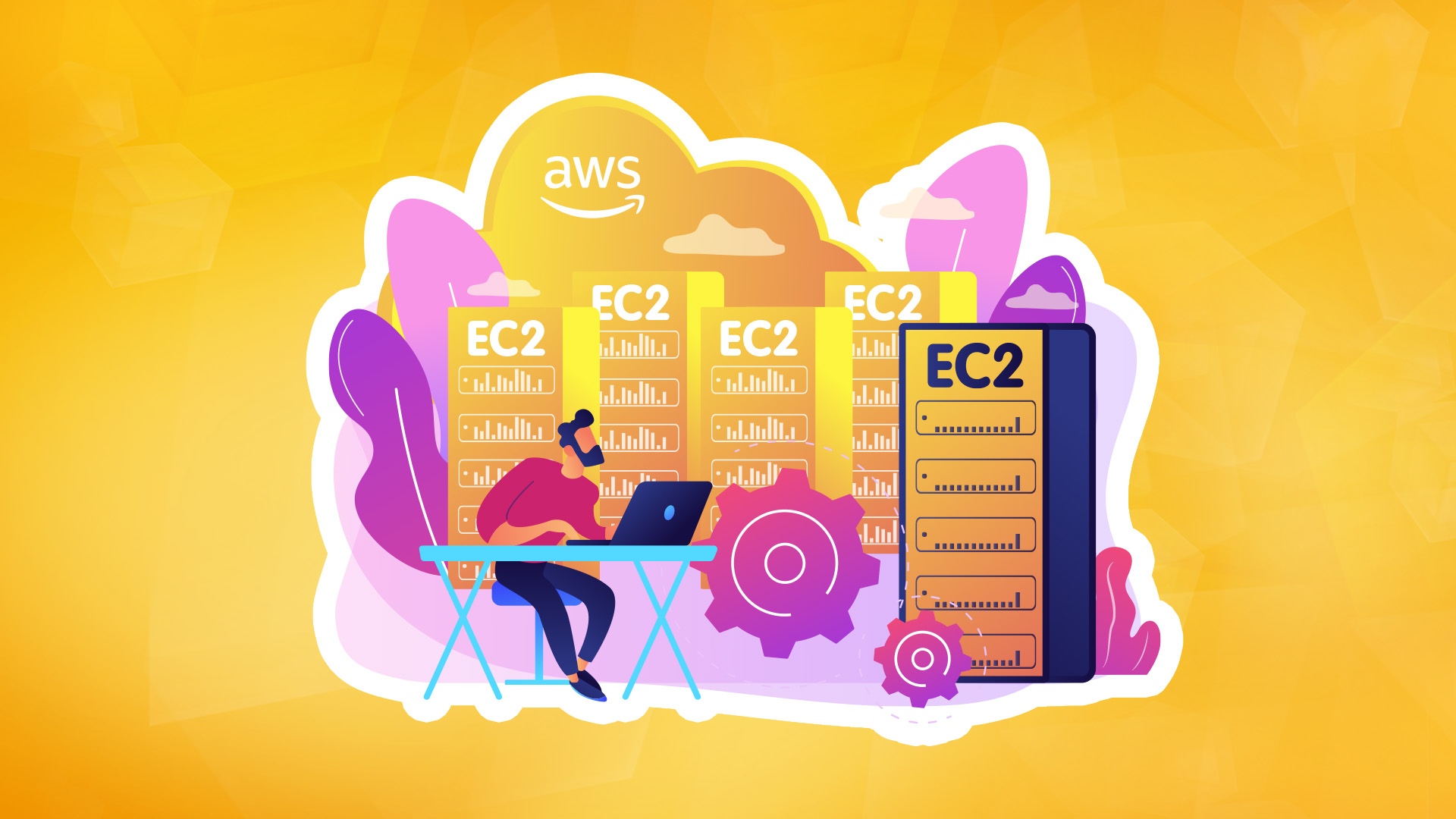Booking an EC2 instance: is it worth it?

In the world of cloud computing, one of the most popular services is Amazon EC2 (Elastic Compute Cloud), offering the flexibility and scalability needed to run applications and manage computing resources. Amazon Web Services (AWS) allows a variety of ways to use EC2, including reserving EC2 instances. Is it worth taking advantage of this option? Does reserving an EC2 instance save money? In this article, we will explore what EC2 instance reservation is all about, its advantages and disadvantages, and who benefits most from it.
What is an EC2 instance reservation?
Reserving EC2 instances (Reserved Instances, RI) is a way of using Amazon EC2 computing power that allows you to reserve a specific type of instance for a predetermined period - usually 1 or 3 years. In return for an early commitment, the user receives a significant discount on the hourly cost of the instance, which can range from 30% to as much as 72% compared to the price paid in the On-Demand model.
AWS offers several types of reservations to suit different user needs:
- Standard Reserved Instances - the most cost-effective, but requiring more flexibility to anticipate demand. Dedicated to stable computing workloads.
- Convertible Reserved Instances - allow you to change instance type over the course of the contract, but offer slightly less savings.
- Scheduled Reserved Instances - allow instances to be reserved for specific days and times, ideal for predictable, temporary workloads.
How does the EC2 instance reservation model work?
Booking an EC2 instance works on the basis of a prior financial commitment. The user selects the instance type, region, platform and payment option. There are three main payment options for Reserved Instances:
- All Upfront (full upfront payment) - highest one-off payment, but greatest savings in the long term.
- Partial Upfront (partial upfront payment) - lower initial fee, with the remaining cost spread over monthly instalments.
- No Upfront (no upfront payment) - costs spread over the entire booking period, with less savings.
With this model, companies can optimise their costs according to budget and load predictability.
Advantages of booking an EC2 instance
- Cost savings
- The main benefit is the ability to significantly reduce IT infrastructure costs, especially for companies with fixed, predictable workloads. Booking an EC2 instance can save up to 72% compared to the On-Demand model.
- Predictability of expenditure
- With reservation, companies can plan their budgets better, as the charges for Reserved Instances are fixed and predictable.
- Flexibility with the Convertible Reserved Instances option
- The ability to change the type of instance during the contract makes RIs suitable for environments where computing needs evolve.
- Dedicated resources
- Reserving EC2 instances can be beneficial for applications that require high performance and stability, as resources are reserved exclusively for a specific user.
Disadvantages of EC2 instance reservations
- Lack of flexibility in Standard Reserved Instances
- Once reserved instances cannot be cancelled or changed, making them less flexible than the On-Demand model.
- Risk of over-commitment
- Companies may not fully utilise reserved resources, leading to financial losses.
- Difficulty in predicting workloads
- If an organisation cannot accurately predict its needs several years ahead, reserving may not be the optimal solution.
- Greater upfront cost
- With All Upfront payments, more money is needed at the start of the contract.
When does booking an EC2 instance pay off?
Booking an EC2 instance is profitable in the following scenarios:
- Constant load
- If your applications are running continuously most of the time (e.g. database servers, web applications), RIs can significantly reduce costs.
- Predictable demand
- In environments where the load is well known and stable, provisioning provides better control over expenditure.
- Long-term projects
- If you know your project will last for several years, RIs can be a cheaper option than using the On-Demand model.
- Organisations with limited budgets
- Companies looking to optimise IT spend can take advantage of the discounts offered by Reservation.
Comparison of reservation with other models
AWS offers several payment models for EC2:
- On-Demand - flexible but more expensive, ideal for short-term projects.
- Spot Instances - cheapest but unstable, designed for interruptible tasks.
- Savings Plans - more flexible than RIs, but requiring a prior commitment at an hourly level.
EC2 instance reservation combines the features of On-Demand and Savings Plans, offering predictability and savings for specific use cases.
How can EC2 instance reservation be used effectively?
- Needs analysis
- A thorough understanding of your computing workloads and application requirements is key before booking.
- Utilising AWS tools
- AWS Trusted Advisor and AWS Cost Explorer help identify instances that are worth booking.
- Monitoring usage
- Regular monitoring of RI usage helps optimise costs and avoid wasted resources.
- Hybrid strategy
- Combining RI with the On-Demand model and Spot Instances can be an effective strategy for diverse workloads.
Summary
Reserving EC2 instances is an excellent solution for companies looking to optimise IT infrastructure costs, especially for long-term and stable workloads. While it requires some commitment and careful planning, it offers significant savings and predictability of expenditure. For organisations that can accurately predict their computing needs, RI can be one of the most cost-effective models for using the cloud.
Before you decide to book an EC2 instance, analyse your needs, consult with experts and use the available AWS tools to choose the best option. Properly planned provisioning can not only save your business money, but also bring greater operational stability.



